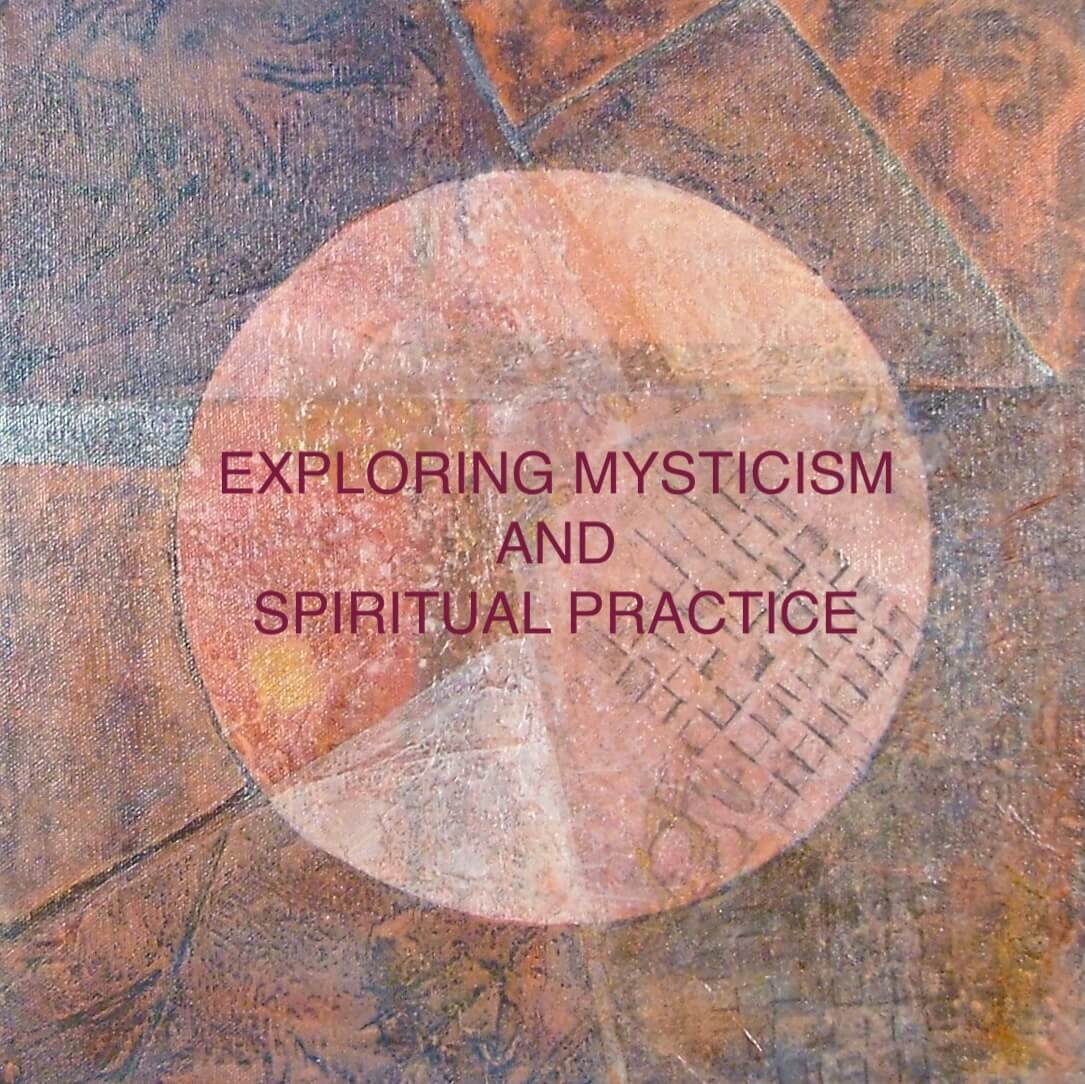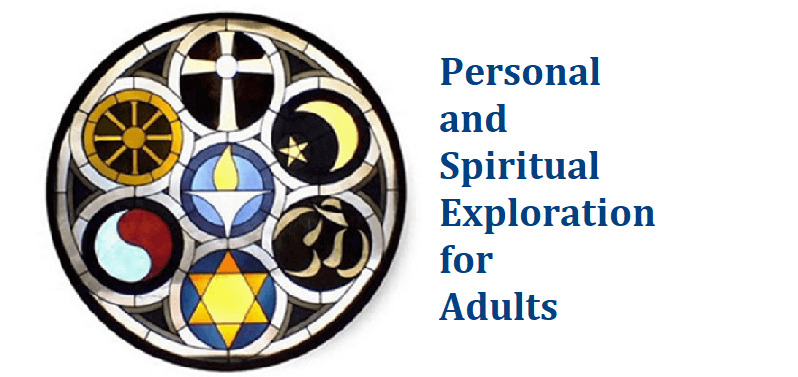Facilitated by Reverend Jeremiah Kalendae and Bettye Barclay.
A new Adult RE offering beginning March 1 from 6:30-8:30 PM on Zoom.
Continues on April 5, May 3, and June 7.
What is mysticism?
In the words of Mark Muesse, a professor of religious studies at Rhodes: “Mysticism is a worldview that respects and honors the mystery at the heart of existence.”
What is the mystical experience?
A full mystical life is sparked when someone undergoes a selfless rapture, an alternate state of consciousness some call “ecstasy.” This unitive experience goes beyond the self, beyond subjectivity. It is the apprehension of a transcendent reality that is entirely inaccessible to the intellect, and thus isn’t something that can be expressed, taught, or learned. But for those who pursue this spiritual path, mystical ecstasies are supremely life-changing events.
It is in this spiritual rapture that one is gifted an awareness of an omnipotent being or force in an infinitely expansive selfless state – an overwhelming throb of absolute love nestled in an eternity. Some report that they are absorbed into this being, called the Mystical Union in Christianity, Deveikut in Hasidism, Fanaa in Sufism, and Samadhi in the East. When speaking of mysticism, one is often speaking in terms of absolutes. This might confuse people. It must be said, absolutes are not magnitudes, and the reality of absolutes which are spoken of in mysticism are inaccessible to the rational mind.
How may one experience mysticism?
Often (though not always), a mystical experience happens after years of spiritual practice, contemplation, and self-emptying or surrender. It requires dedication, and the support of a spiritual guide is highly recommended. For those who haven’t been so initiated, mysticism is often expressed as full devotion to a divine presence, doing good works, and a feeling of reverence for all beings.
How do mystics live and perceive the world?
Often mystics lead very simple lives, filled with acts of incredible gentleness and compassion towards others and all life. They embody our First and Seventh Principles: all beings are sacred and all beings are interconnected, with the addition of an acute awareness of a connection with a divine presence.
Why study mysticism as a UU?
One reason why a study in mysticism is key for Unitarian Universalists is that mysticism transcends any ideology, dogma, ethic, rites, myths, legends, or magic. Mysticism, instead, engenders rites, myths, and legends, and can inspire world ideologies and ethics. It is found at the heart of many of UU’s source-traditions, from the Abrahamic traditions (Hasidism, Christian Mysticism, and Sufism), to Eastern traditions like Hinduism.
Why is mysticism important for today’s world?
In our increasingly fragmented, deeply wounded world, we are in greater need of the sacred unity and selfless kindness that mysticism tends to cultivate in one’s being and behavior.
What is being offered at UUSM, and who is offering it?
In this new offering, to be held on the first Wednesday of the month for four months–initially from 6:30-8:30 PM on Zoom–Reverend Jeremiah Kalendae and Bettye Barclay will examine sacred mystical texts from many traditions together. We will explore various practices, and the participants will be encouraged to keep a journal of their experiences. During each session, we will talk about our mystical journeys for that month.
Reverend Jeremiah Kalendae is a practicing Sufi, which is the mystical path of Islam. Bettye Barclay has spent almost 30 years working as a psychotherapist and group leader, and has spent many years exploring consciousness and spirituality. She too is excited to learn more about mysticism.
So come, widen your spiritual life, and let’s delve into mysticism together.
Get more information and register in advance.


